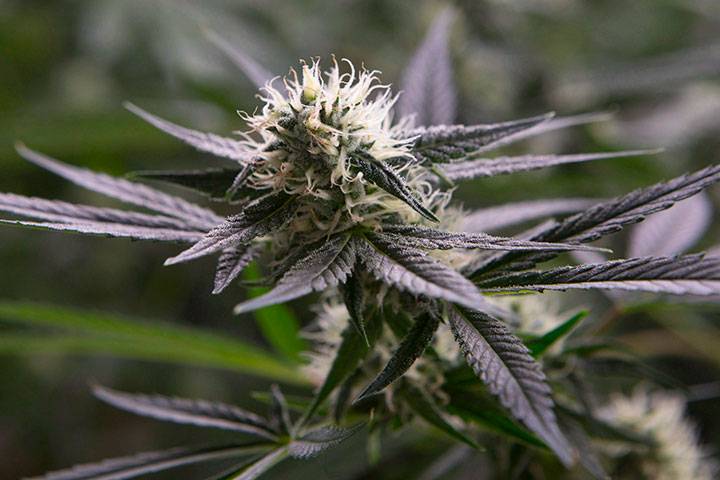Delta-8 THC, or Delta-8-tetrahydrocannabinol, has gained attention as a potential alternative to traditional Delta-9 THC, the most well-known form of THC found in cannabis. Both Delta-8 and Delta-9 THC are cannabinoids, compounds found in the cannabis plant that interacts with the body’s endocannabinoid system. While Delta-9 THC is renowned for its psychoactive effects and is the primary compound responsible for the high associated with cannabis use, Delta-8 THC offers a different experience that might be more appealing to some users. One of the primary benefits of Delta-8 THC is its milder psychoactive effect compared to Delta-9 THC. Users often describe Delta-8 as producing a more relaxed and less anxiety-inducing high. This can be particularly advantageous for individuals who experience paranoia or discomfort from Delta-9 THC. Delta-8’s effects are typically described as more clear-headed and less intense, which can make it a preferable option for those seeking the therapeutic benefits of THC without the overpowering high.

Another significant benefit of Delta-8 THC is its potential therapeutic applications. Preliminary research and anecdotal evidence suggest that Delta-8 may offer various health benefits, including anti-nausea, anti-anxiety, and appetite-stimulating properties. For instance, Delta-8 has shown promise in reducing nausea and vomiting, which can be beneficial for patients undergoing treatments like chemotherapy. Additionally, Delta-8’s potential to stimulate appetite may be useful for individuals with conditions that cause appetite loss, such as chronic illness or certain medications. Delta-8 THC is also gaining attention for its potentially lower risk of legal complications. While Delta-9 THC remains illegal in many jurisdictions, Delta-8 THC occupies a more ambiguous legal status. In many areas, Delta-8 is considered legal under the Farm Bill, which legalized hemp-derived cannabinoids is delta 8 better than thc. However, legal statuses can vary widely, and users should verify the legality of Delta-8 in their specific location before purchasing or using it. In terms of availability, Delta-8 THC is increasingly accessible in various forms, including tinctures, edibles, Vapes, and capsules.
This variety allows users to choose a method of consumption that best suits their preferences and needs. The growing market for Delta-8 products provides more options for individuals looking to incorporate cannabinoids into their wellness routines. Despite these benefits, it is essential to approach Delta-8 THC with caution. The cannabinoid industry is relatively new, and the long-term effects of Delta-8 are not as well-studied as those of Delta-9 THC. Additionally, because Delta-8 is often synthesized from CBD, there is a potential for variability in product quality and purity. Consumers should seek products from reputable sources that provide lab testing results to ensure safety and consistency. In summary, Delta-8 THC presents a potentially beneficial alternative to traditional Delta-9 THC, offering a milder high, possible therapeutic benefits, and legal advantages in certain regions. However, as with any cannabinoid, users should remain informed and cautious, prioritizing safety and legality in their choices.